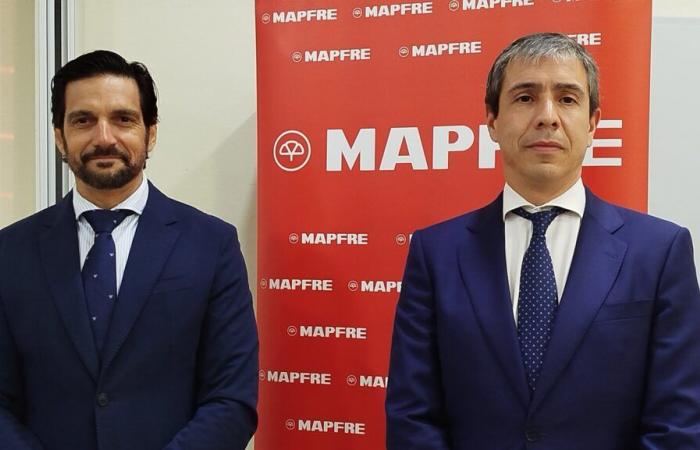The future of Ceuti companies goes through planning. With this premise, the Confederation of Entrepreneurs of Ceuta (CECE) and the MAPFRE insurer have organized this Thursday a business day focused on the challenges that face SMEs and self -employed before key scenarios: the retirement of the owner, the succession in family businesses and the loyalty of talent in times of constant rotation.
The meeting, held at the Ulises Hotel, has had the participation of Juan Miguel Arana Arroyo, commercial director of Life, Health and Financial Solutions of Mapfre; Alberto Martínez Flores, promoter of Corporate Social Security, and Arantxa Campos Gorriño, president of the CECE.
During the session practical issues have been addressed: what happens to a company when its owner retires? How can an effective transition to a new address be guaranteed? What tools exist to maintain cohesive equipment without resorting to salary only?
“The loyalty of the personnel cannot be limited to salaries,” said Martínez, who has defended the use of what he calls “emotional salary”: a set of non -monetary benefits that includes medical insurance, pension plans and life accessories or accidents. “These formulas reinforce the link between worker and company,” he said.
-Juan Miguel Arana has influenced that there is no single recipe for all templates. “It does not loyalty equal to a 25 -year -old as a professional in full maturity,” he warned. Thus, while younger profiles value health insurance, older workers usually prefer long -term savings products, such as retirement plans.
Experts have also pointed out that the planning of business succession is an issue that already begins to mark the agenda of many local companies. “More and more companies develop protocols to facilitate generational relief,” said Arana.
The day has served to focus on the need to anticipate. The aging of the equipment, the complexity of the business transitions and the legal changes that affect the retirement age are challenges that, according to the speakers, must be addressed from a strategic perspective.
“Cultural and generational change makes the task of retaining talent more and more complex,” Arana concluded.






